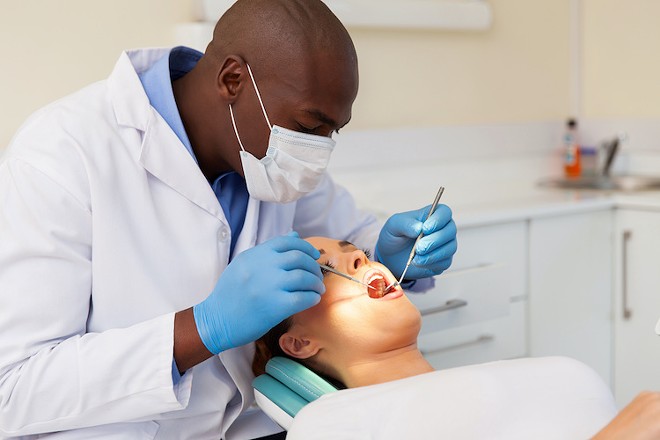Florida leads the nation in the number of individuals, nearly 6 million, who are living in dental health professional shortage areas.
Sixty-six of Florida’s 67 counties lack the amount of professionals needed to provide care, according to U.S. Health Resources and Services Administration data. Advocates say the shortage is of crisis proportions, leading to significant impacts on general health, as they say poor oral health is linked to impaired school learning, heart disease and even death.
Dr. Frank Catalanotto, founder of Floridians for Dental Access, said part of the problem is the significant cost of dental care. He noted in Florida and nationally, thousands of people with toothaches take their problems to an emergency room.
“The physicians in the emergency rooms aren’t prepared to deal with this, so the patient gets antibiotics and pain medication and then told to see a dentist tomorrow,” Catalanotto pointed out. “Well, if they couldn’t afford a dentist today, they are not going to afford one tomorrow.”
Catalanotto reported that of the 150,000 people with oral health problems who went to the emergency room in 2019, 4,000 of them were admitted to the hospital because the dental infections were life-threatening. As of 2020 and 2021, there were 12,264 dentists in Florida, according to the state Department of Health, and not all of them take Medicaid, which provides coverage for low-income individuals.
Most dentists in Florida are concentrated in large urban counties, with very few dentists in many rural counties. Three counties — Dixie, Glades and Lafayette — have no dentists. State health data show three other counties — Union, Gilchrist and Franklin — each had just one.
Catalanotto noted more research is connecting the dots on how this disparity is impacting the health of school children and adults.
“If you’re not learning, you’re not going to get an education,” Catalanotto emphasized. “And for adults it’s way more serious because there is now very good strong scientific literature about the relationship, for example, between gum disease, periodontal disease and diabetes.”
At last count in Florida, Catalanotto said fewer than one in five dentists, just 18%, participated in Medicaid in 2016. He added the scary part of the crisis to him is how little the public knows about how oral health impacts their everyday health, so his group’s focus is to spread awareness and eventually land on concrete solutions which get to the root of the problems.

